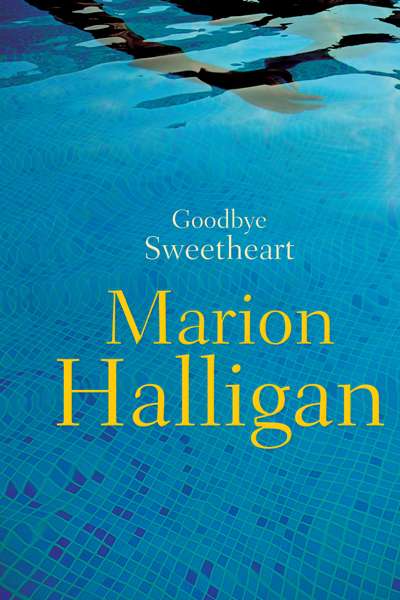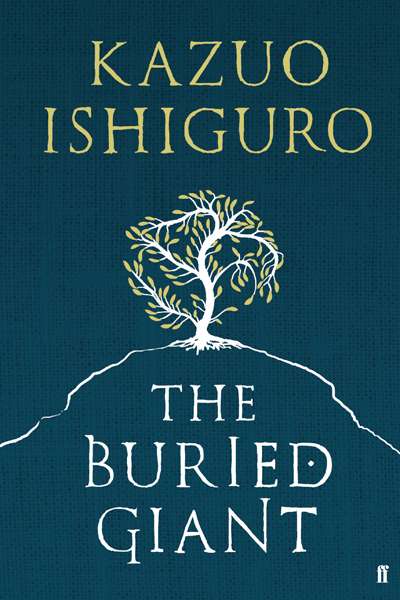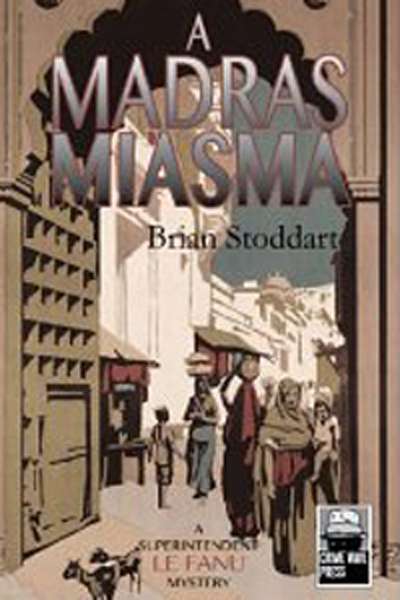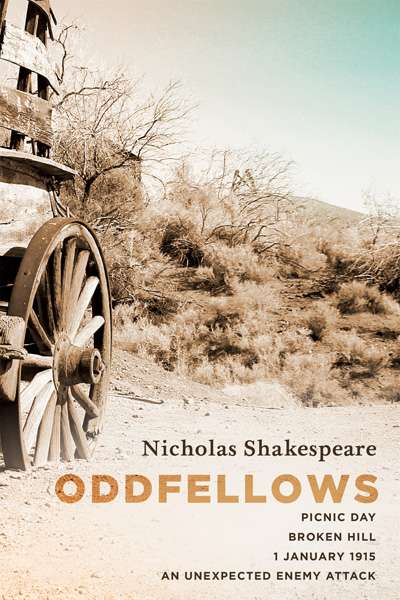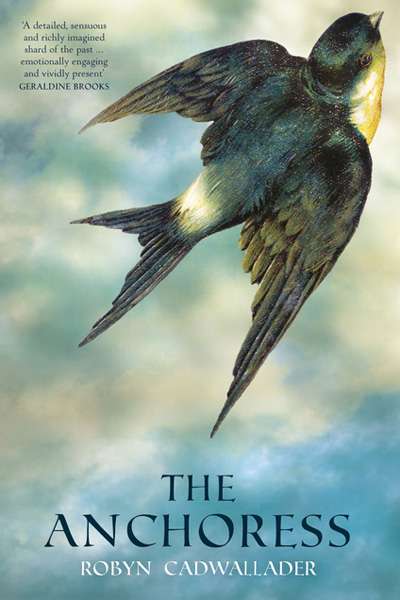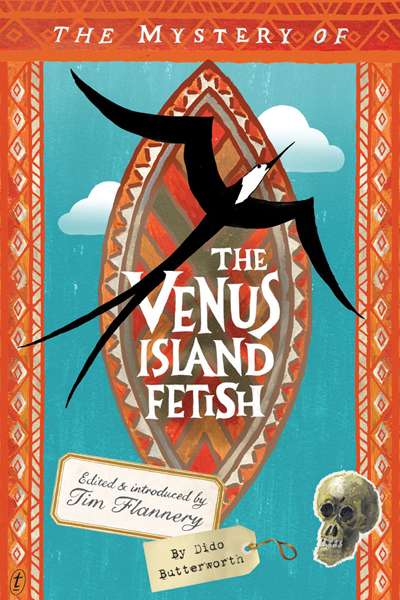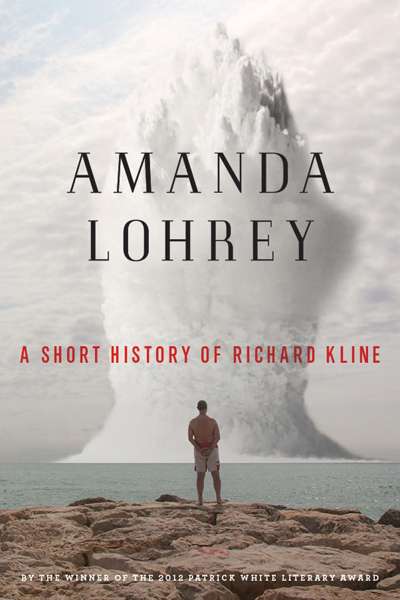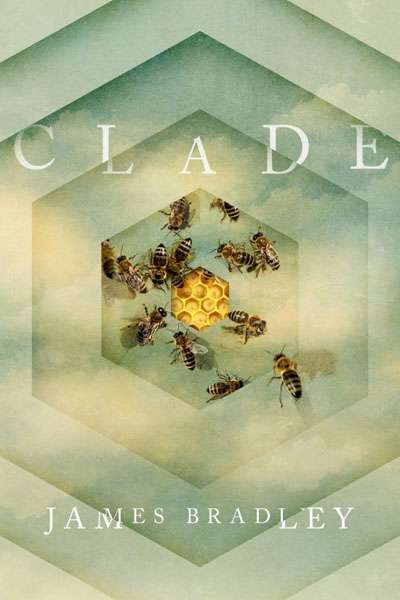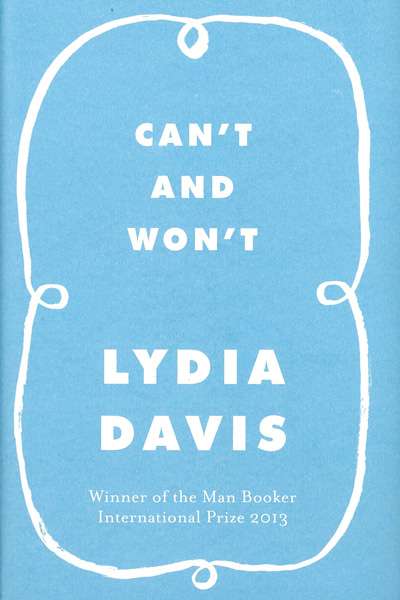Fiction
Marion Halligan is a prolific writer, and this is not the first time I have reviewed one of her books. Once, when she branched out into the genre of lightweight crime – The Apricot Colonel (2006) and Murder on the Apricot Coast (2008) – I commented on the problem faced by Cassandra, the novel’s narrator. An editor-turned-author, she turns out boo ...
Fitting for a novel about a patient quest, we only fully grasp Kazuo Ishiguro’s precise intentions with The Buried Giant at the end of its final page. Until then, the reader primarily follows the elderly married couple, Axl and Beatrice, as they journey through a memory-dulling fog that hangs heavily over the land. The presence of such magical elements, inc ...
Brian Stoddart is a scholar and expert in the history of modern India, with sixteen works of non-fiction to his credit. His first novel, A Madras Miasma, is set soon after World War I. The body of an Englishwoman is found with her head buried in the rancid mud of the Buckingham Canal, behind Chepak Palace. Superintendent Christian Jolyon Brenton Le Fanu, head of the recently formed Madras City Crime Unit, and his Muslim sidekick, Sergeant Mohammad Habibullah, must solve the case as quickly as possible. They are hampered by the teeming and uncooperative population of the riverbanks, political unrest, the disquiet of the British ruling class, and, to top things off, the truculent Commissioner of Police Arthur Jepson, who is determined to ‘take [Le Fanu] out’.
... (read more)Two aggrieved Islamic men follow a foreign cause and wage jihad on their fellow Australians. Shouting Allahu akbar, they stage an ambush, raise a home-made flag and open fire on hundreds of men, women and children. They escape and die in a final shoot-out. They leave four dead and seven wounded.
It could be ripped from today’s headlines – except it happened a hundred years ago. On New Year’s Day in 1915, Gul Mehmet and Molla Abdullah, denizens of Ghantown, the despised Afghan settlement on the outskirts of Broken Hill, took up arms against the town’s citizens as they rode the train to the annual Oddfellows picnic. They did so in the name of the Turkish Sultan, who was calling for resistance to the Anzac invaders in their home territory.
... (read more)This début novel by poet and author Robyn Cadwallader has its genesis in her PhD thesis on attitudes to virginity in the Middle Ages. Set in England in 1255, it is the story of Sarah, an anchoress or religious recluse, who chooses to be shut into a stone cell, measuring seven by nine paces, for life. She is seventeen.
... (read more)The Mystery of the Venus Island Fetish by Dido Butterworth, edited and introduced by Tim Flannery
It is 1932 and as the SS Mokambo steams into Sydney Harbour with Archie Meek on board, the Australian Museum’s young anthropologist is about to discover that he has committed a terrible faux pas. After five years away in the Venus islands studying the customs and culture of its head-hunting inhabitants, Meek is eager to be reunited with Beatrice Goodenough, the beautiful but sheltered registrar of the museum’s anthropology department. In true island fashion, Meek has accompanied his request for her hand in marriage with the sincerest love token a man can proffer. Unfortunately, on receipt of his dried foreskin, lovingly posted, Goodenough fails to respond as a Venus Island maiden would. A younger, weedier Meek might have been ready to crumple at such rejection, but the hesitant stripling of nineteen is now a bronzed hunk of twenty-four, ready to claim Beatrice as his own despite the misfiring of his culturally specific courtship ritual.
... (read more)A prefatory note to this striking novel tells us that it is Richard Kline’s memoir of ‘a strange event that intervened in my life at the age of forty-two’. The following ‘short history’ interleaves sections of first- and third-person narration, shuffling the pieces of a reflective Bildungsroman that charts Richard’s emergence from a vague but oppressive childhood ‘apprehension of lack’ into something even more elusive.
... (read more)Set in an unsettlingly convincing near future, James Bradley’s fourth novel, Clade, opens with climate scientist Adam Leith walking along an Antarctic coastline reflecting on the state of the world and on his relationship with his partner, Ellie. After six years together, their relationship is under pressure as Ellie undergoes fertility treatment. Adam is ambivalent about bringing a child into a world that he has recently conceded to himself is ‘on a collision course with disaster’, while Ellie is fiercely determined to do so. Now, as the ground both literally and metaphorically shifts beneath Adam’s feet, he waits for Ellie to call him with the results of her latest round of treatment.
... (read more)Reading Lydia Davis’s stories is akin to getting new glasses – or glasses for the first time. Suddenly the world shifts into sharp, bright focus. Disturbing. Disorienting. What you see, or understand, won’t necessarily gladden your heart. It may pique it, but you may not want to be brought so close to life, to the poignancy of it all. Not at first, anyway.
Davis seems to think so too. Or she plays at thinking so. ‘Oh, we writers may think we invent too much – but reality is worse every time!’ she says, at the end of a perfect fourteen-line narrative (called ‘The Funeral’) translated from Flaubert.
... (read more)Kate Grenville (1950–) is an award-winning Australia author of fiction, memoir and non-fiction, Kate’s first publication was the short story collection Bearded Ladies (1984). She has gone on to publish a total of thirteen books in the last thirty years including her most recent one, One Life (2015). Several of Kate’s works have been adapted f ...


